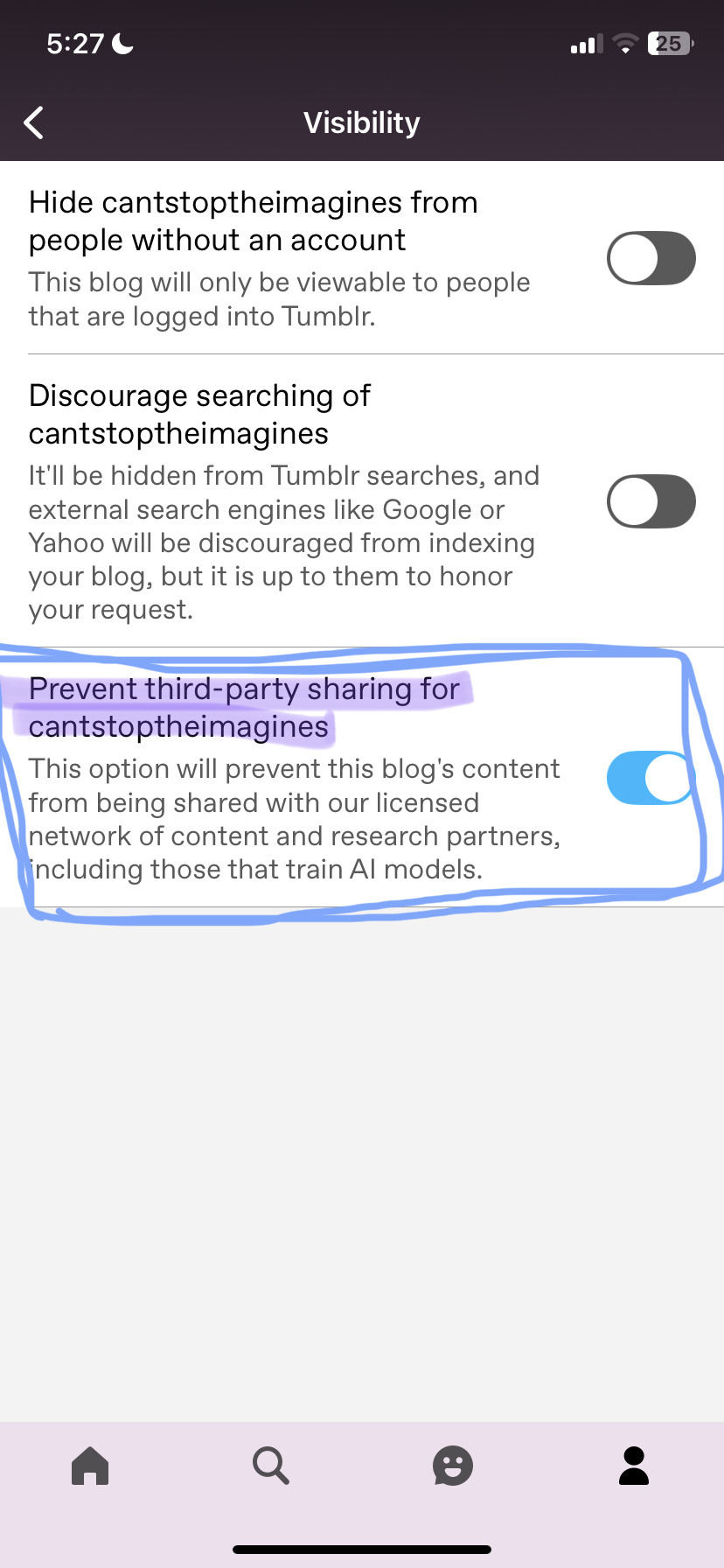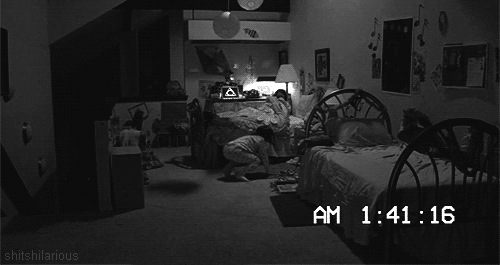Pipercarter:
pipercarter:
Empire Line (2005) series by British photographer Gavin Fernandes.
Fernandes describes the series in British Asian Style: Fashion & Textiles / Past and Present:
By subverting representations of British “memsahibs” and their indigenous Indian servants, and through the interaction of period British costume and native Indian dress, Empire Line explores the politics of clothing and its relationship with class and caste in 19th-century colonial India.
Though so rooted in colonial imagery, I love how Fernandes’s work also speaks to the complex and often problematic cultural exchanges of the contemporary fashion industry.






More Posts from Jackassjamboree and Others
classicwood:
Alphonse Mucha: The Seasons : Autumn (1897)

attention all writers! tumblr is rolling out a new feature that allows our work to be used in ai training processes!
be sure to opt out of this in your visibility settings immediately! and remember, you have to opt out for each blog, not just your main!
go to your blogs’ settings (again, you have to do these steps for each blog, not just your main blog)
scroll until you see “visibility” and choose that
in your visibility settings, choose “prevent third-party sharing for (blog name)”
you may opted out already but we don’t take chances with ai around these parts *insert angry cowboy*


tagging some mutuals to get the word out — @multifandomsimagine @pegxcarter @moremaybank @gladerscake @goldenroutledge @thatsthewaythechrissycrumbles @drewstarkeyslut @drudyslut @tangledinlove @rafeandonlyrafe @mvybanks
ed zitron, a tech beat reporter, wrote an article about a recent paper that came out from goldman-sachs calling AI, in nicer terms, a grift. it is a really interesting article; hearing criticism from people who are not ignorant of the tech and have no reason to mince words is refreshing. it also brings up points and asks the right questions:
if AI is going to be a trillion dollar investment, what trillion dollar problem is it solving?
what does it mean when people say that AI will "get better"? what does that look like and how would it even be achieved? the article makes a point to debunk talking points about how all tech is misunderstood at first by pointing out that the tech it gets compared to the most, the internet and smartphones, were both created over the course of decades with roadmaps and clear goals. AI does not have this.
the american power grid straight up cannot handle the load required to run AI because it has not been meaningfully developed in decades. how are they going to overcome this hurdle (they aren't)?
people who are losing their jobs to this tech aren't being "replaced". they're just getting a taste of how little their managers care about their craft and how little they think of their consumer base. ai is not capable of replacing humans and there's no indication they ever will because...
all of these models use the same training data so now they're all giving the same wrong answers in the same voice. without massive and i mean EXPONENTIALLY MASSIVE troves of data to work with, they are pretty much as a standstill for any innovation they're imagining in their heads

"I found this book of beautiful Art Nouveau artwork by Julius Klinger, originally published in 1902. Two of the images really struck me and I decided to upload them. A horsewoman and a female fencer."

Alt + Ctlr + reblog sign(double click)
I am curling up with chocolate and Chocolate. Because sometimes the only cure for what ails you is watching Jeeja Yanin fuck some people’s shit up.




Martial Arts Files-Yanin “Jeeja” Vismitananda ญาณิน “จีจ้า” วิสมิตะนันทน์
Style: Muy Thai,Tae Kwon Do,Jeet Kun Do
Vismitananda was born in Bangkok, Thailand. Her mother Prasita Vismitananda and her father Pawadol Borirak is a businessman and died when his daughter was 17. She has an older brother, Nantapong “Jeed” Vismitananda. She is mainly of Thai descent with some English and Burmese ancestry.
She holds a 3rd Dan black belt in taekwondo.
She was discovered by Prachya Pinkaew in 2003.
Her film debut was the starring role in the film Chocolate (2008), and her second movie was Raging Phoenix (2008).
Filmography:
Chocolate (2008)
Raging Phoenix (2008)
Jak Ka Ran (2011)
The Kick (2011)
-
 savingforreferences reblogged this · 2 months ago
savingforreferences reblogged this · 2 months ago -
 fashionfumbling liked this · 3 years ago
fashionfumbling liked this · 3 years ago -
 yourwindowinmyroom liked this · 5 years ago
yourwindowinmyroom liked this · 5 years ago -
 thewindycitypeach liked this · 5 years ago
thewindycitypeach liked this · 5 years ago -
 rubensdaughter liked this · 6 years ago
rubensdaughter liked this · 6 years ago -
 jjblaque-blog1 liked this · 7 years ago
jjblaque-blog1 liked this · 7 years ago -
 merrylcloe-blog liked this · 7 years ago
merrylcloe-blog liked this · 7 years ago -
 unhingedfaggot reblogged this · 7 years ago
unhingedfaggot reblogged this · 7 years ago -
 parasolids liked this · 7 years ago
parasolids liked this · 7 years ago -
 amorphousrevenant reblogged this · 7 years ago
amorphousrevenant reblogged this · 7 years ago -
 ar2456 liked this · 7 years ago
ar2456 liked this · 7 years ago -
 144-000 liked this · 9 years ago
144-000 liked this · 9 years ago -
 insane-bus-stop liked this · 9 years ago
insane-bus-stop liked this · 9 years ago -
 cobraslair liked this · 10 years ago
cobraslair liked this · 10 years ago -
 mooresque-blog reblogged this · 10 years ago
mooresque-blog reblogged this · 10 years ago -
 redhotbellpeppers liked this · 10 years ago
redhotbellpeppers liked this · 10 years ago -
 blackarag liked this · 11 years ago
blackarag liked this · 11 years ago -
 leebasays reblogged this · 11 years ago
leebasays reblogged this · 11 years ago -
 nebula-n liked this · 11 years ago
nebula-n liked this · 11 years ago -
 dreamereternal reblogged this · 11 years ago
dreamereternal reblogged this · 11 years ago -
 kindofanearp reblogged this · 11 years ago
kindofanearp reblogged this · 11 years ago -
 xamlem liked this · 11 years ago
xamlem liked this · 11 years ago -
 theastralpancake liked this · 11 years ago
theastralpancake liked this · 11 years ago -
 vapingonland liked this · 11 years ago
vapingonland liked this · 11 years ago -
 canchuon liked this · 11 years ago
canchuon liked this · 11 years ago -
 aguabend reblogged this · 11 years ago
aguabend reblogged this · 11 years ago -
 trubescent liked this · 11 years ago
trubescent liked this · 11 years ago -
 piraticalpsyche liked this · 11 years ago
piraticalpsyche liked this · 11 years ago -
 phrenotobe liked this · 11 years ago
phrenotobe liked this · 11 years ago -
 m-azing reblogged this · 11 years ago
m-azing reblogged this · 11 years ago -
 yatri-traveler-blog liked this · 11 years ago
yatri-traveler-blog liked this · 11 years ago -
 deadwalrus-diamonds reblogged this · 11 years ago
deadwalrus-diamonds reblogged this · 11 years ago -
 theinspcollective reblogged this · 11 years ago
theinspcollective reblogged this · 11 years ago -
 allwayzshine liked this · 11 years ago
allwayzshine liked this · 11 years ago -
 leebasays liked this · 11 years ago
leebasays liked this · 11 years ago -
 0doyleroolz reblogged this · 11 years ago
0doyleroolz reblogged this · 11 years ago -
 girlteeth liked this · 11 years ago
girlteeth liked this · 11 years ago -
 neglectednancy reblogged this · 11 years ago
neglectednancy reblogged this · 11 years ago -
 gloomkittie liked this · 11 years ago
gloomkittie liked this · 11 years ago


